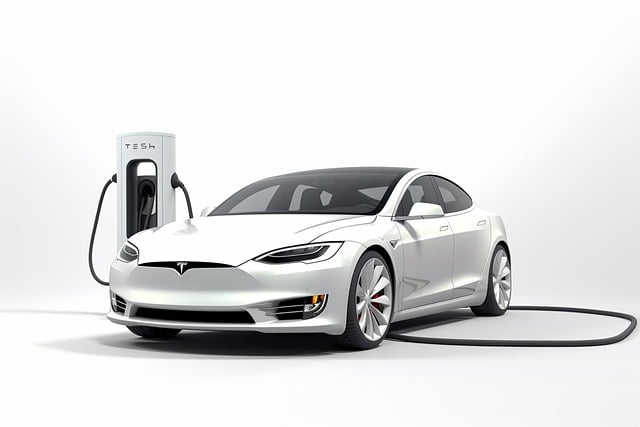Tesla EV Chargers: What You Need to Know

When you own a Tesla, you’re probably thinking about its sleek appearance, efficiency on the road, and how it reduces your environmental impact. But you’re probably not thinking about which home EV charger you need. Unfortunately, not all Tesla EV chargers are created equally. You could end up with a slow, sluggish charging system that takes all night to fuel your electric vehicle.
Fortunately, there’s a better way to keep your Tesla up and running. Learn more about what to know about Tesla’s EV chargers and how the Norwood electricians and Newton electricians at Castle Electric can help!
1) Home EV Charging Solutions Tesla Offers
When you purchase a Tesla, you have a few options for at home charging, including:
Mobile Connector
Tesla’s mobile connectors are their portable option that adds about 3 miles of range per hour with a standard outlet. Or you can increase that up to 30 miles per home when using an enhanced 240 V outlet. Tesla also includes adapters for both outlets and all the necessary cables. Some EV owners use it in conjunction with their at-home 230-volt outlet, skipping the wall connector.
Wall Connector
The wall connector is Tesla’s recommended option for charging at home. It speeds up charging and is also WiFi-enabled, ensuring that your charger receives real-time updates. You can use it in a traditional single-family home, apartments, hotels, office buildings, and more.
Universal Wall Connector
Tesla’s universal wall connector is similar to its regular Wall Connector, and it has the same speed and functionality. It can also be used with other EV models and brands. While the Wall and Mobile Connectors come with only NACS plugs, the Universal Connector has both NACS and J1772 plugs.
2) Level 1 Chargers Take Overnight to Charge a Tesla
Level 1 chargers are notoriously slow and many Tesla owners only use them in a pinch or for a quick top-off when no other charger is available. Depending on your set-up, your Level 1 charger will probably produce between 1.3 kw and 2.4 kw, or roughly 3.11 miles per hour of charging. That means you’ll probably need to leave it plugged in overnight to power it up from empty.
3) Not Rewiring Your Home for an EV Charger Could Cause Problems
If you’re using a Level 1 charger, you don’t necessarily need to rewire your home or upgrade your electrical panel. However, there could be problems if you skip this step. Electric vehicle chargers could overheat and lead to an electrical fire risk. You also can’t charge up your car with anything but a Level 1 charger, which means a slower and less convenient car ownership experience.
4) Tesla’s Level 2 Chargers are the Most Convenient Option
A Level 2 Charger offers more convenience and speed for homeowners. They rely on a 240-volt power outlet and charge within a few hours for 14 to 35 miles of range per hour with the circuit’s higher amperage. However, to ensure proper and safe installation, you need the assistance of an electrician.
Call Castle Electric to Install Your EV Charger in Newton
Are you ready to invest in a Tesla and want the best EV charging station in Newton, Norwood or the surrounding area? Call the team at Castle Electric! We offer all of the resources you need, from EV charging installations to electrical panel upgrades, repairs, and more.
Schedule your appointment today!
Learn More About EV Charging in Newton and Beyond!
Check out our blog posts below for some helpful info, expert tips and more!